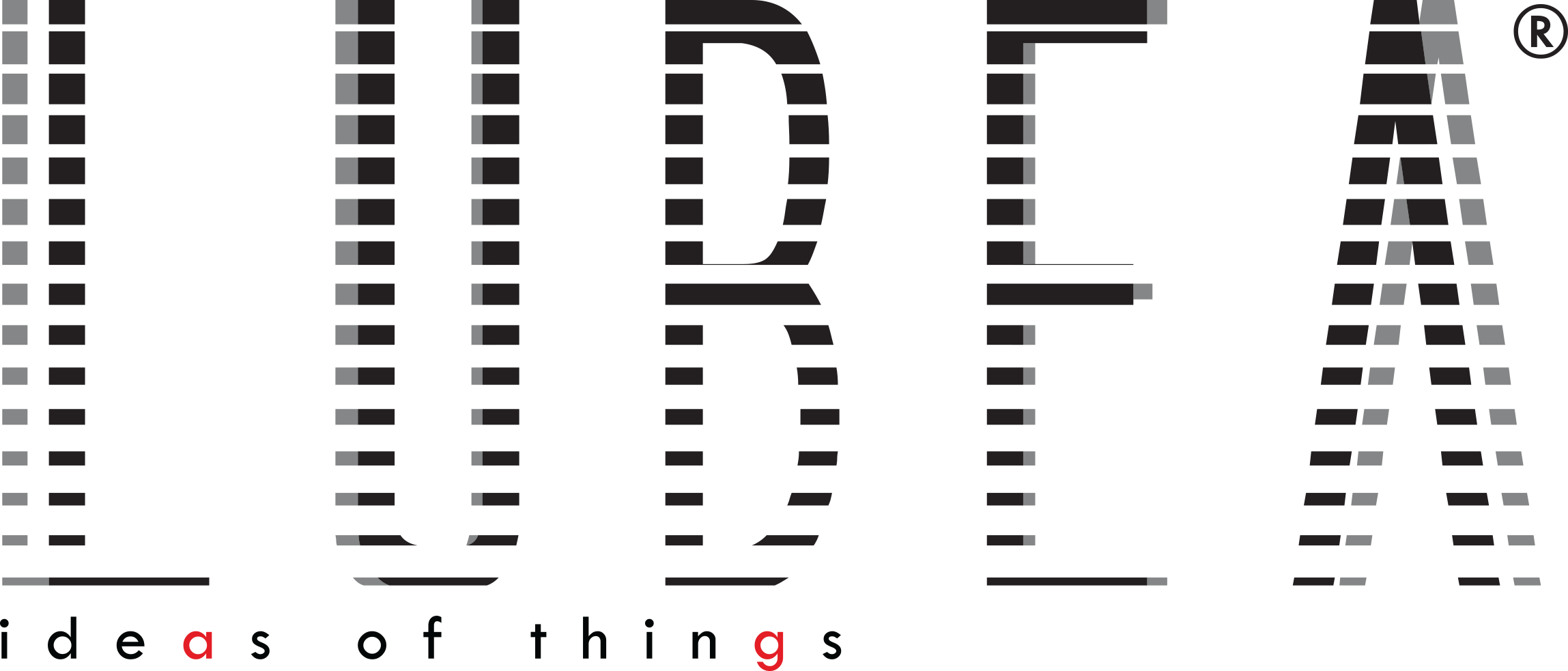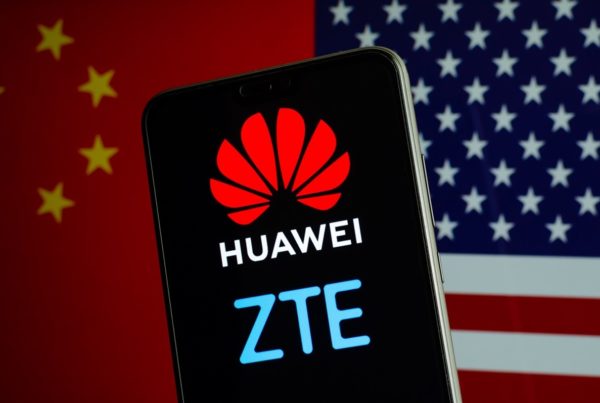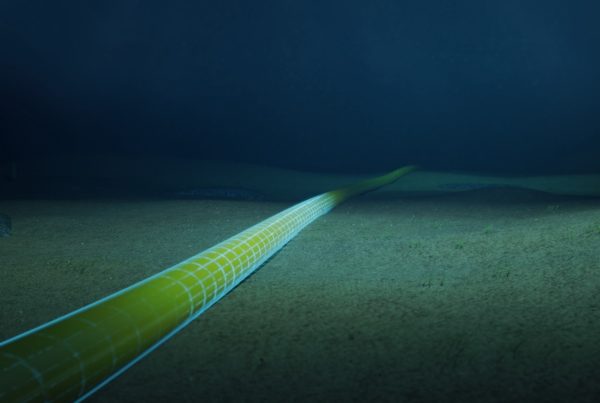Eolo, has been spending 25 years promoting technological innovation to reduce the digital divide. The company, established in 1999, has become in a relatively short period one of the greatest leaders in the Italian ultra broadband market both for local companies and for other business fields.
Today, with its FWA technology, Eolo reaches more than 6.900 municipalities across Italy and more than 1.6 million people. It has recently approved its latest financial report, concerning 2023-2024 fiscal year, which was closed with a revenue of €235.1 million, marking a 7% year-on-year increase. The adjusted EBITDA rose by 8.7% to €131.4 million (+8.7% on a trend basis), with an adjusted EBITDA margin of 55.9%. The number of customers also increased by 5.4%, compared to the previous year, reaching a total of 675.300 people.
As stated by Guido Garrone, company’s CEO, Eolo is “the point of reference for FWA network across Italy, which is crucial to bridge the gap between the digital divide and the speed divide.” According to figures published by the Communications Authority’s observatory, the company holds 3.5% market share of the total ultra-broadband accesses, and it is the leading Italian operator in FWA technology with a 31% share. The company is increasing so fast that the shareholders have recently introduced new resources: they have agreed on increasing the capital by 50 million euros thus enabling it to keep prospering in the coming years. 75% of Eolo’s capital is currently owned by the Swiss fund Partners Group while the 25% is held by Cometa, a corporation which includes the stake of its founder Luca Spada.
Eolo and FWA technology
Company’s main strength consists of resorting to FWA technology (fixed wireless access) which is used to grant users access to the broadband services. According to an analysis conducted by Opensignal, focused on users’ experience in using different broadband technologies, 5G FWA technology is one of the best solutions for bridging the digital divide in Italy and achieving country’s connectivity goals. Figures show that the transition to FWA has significantly improved technology’s speed and quality; moreover, 5G FWA and fiber-to-the-home (ftth) provide statistically equivalent levels of service quality, both of which are significantly better compared to other solutions. Based on the report, 5G FWA is “particularly efficient in reaching white areas or less populated regions that are poorly served by existing broadband infrastructures.”
LTE-based mobile broadband access has been a vital connectivity source in rural Italy and still represents a significant share of the FWA market. The emerging 5G FWA provides people with a completely different service than the legacy one. This is because 5G technology guarantees “download speed twice as much than those with FWA and it also guarantees upload speeds nearly three times higher.” Last year, FWA accounted for more than 11% of Italian broadband market, representing more than 2.1 million connections. The field also experienced 8% annual growth. FWA Italian market is currently gaining further momentum, with several strategic initiatives to leverage millimeter-wave (mmWave) technology. Eolo is a leader in FWA technology, and it is partnering with multiple providers including Linkem/Opnet, Vodafone, Fastweb, and WindTre.
 Eolo and Fastweb: cooperation to boost 5G FWA network
Eolo and Fastweb: cooperation to boost 5G FWA network
The company has started strengthening its position by partnering with Fastweb to further improve 5G FWA coverage across Italy, specifically targeting remote regions lacking proper optic fiber services. Few months ago, the two companies have signed a joint agreement to create a strategic partnership for the combined use of millimeter-wave frequencies in the 26 GHz band. These frequencies were acquired by Fastweb during 2018 5G auction and Eolo’s FWA access infrastructures. This way, all areas covered by Eolo will be reached by download speed of up to 1Giga and the most widely used coverage in the country. At the same time, the company, which has signed a wholesale agreement with Fastweb, will be able to access fiber-based networks infrastructures by further improving areas where it can offer high quality FTTH services to its customers.
Eolo’s commitment to enhance Italian small municipalities and poor areas
If on the offer side, Eolo has focused its own resources on this new technology, on the demand side, the company has also addressed it by reaching agreements with the broad audience of potential users. As already stated by company’s CEO, Guido Garrone “Eolo’s main mission consist in supporting people and companies of inner regions making sure that some areas, like those closed to the mountains, are not insulated from the rest of the country.” There is still undergoing discussion on digital speed divide in our Country and this is often driven by geographical barriers that can make fiber-based solutions economically unfeasible, particularly in low-density rural areas.
This scenario helps us better understand the key role played by Eolo in its partnership: it ensures ultra-fast connectivity even in remote Italian areas. Since long ago, Eolo has signed an agreement with Uncem – national organization which represents mountain municipalities and communities – to decrease costs linked to their development. This way, it will enable ease access to broadband services reducing the gap in terms of competitiveness and attractiveness with other regions. A lot has been done in this sense, but further step is necessary. Garrone went on saying that “In Italy there are about 15/20% households experiencing issues with the digital divide which will solely rely on FWA technology. Nowadays, 19 million people (families) out of 26 million can access internet while the remaining 7 million will be covered by the optic fiber, thanks to Open Fiber financial aid, and another portion will resort to FWA.
Having that said, the key factors are not only represented by the towers and technologies but also by frequencies. Eolo is currently using 28 GHz, while the 26 GHz band, already allocated to mobile operators and modestly utilized so far, needs refarming. We— he concluded—are waiting for it to become available: with 400 MHz of spectrum and 5G we could provide 1 Gbps even with these technologies.”

Eolo’s goals: improving technology and sustainability
The entrepreneurial idea behind Eolo, committed to reducing the Digital Divide, consists in being a so-called benefit company. In 2011, the company changed its legal framework becoming a benefit company: a formula which defines those companies aim to achieve specific shared objectives.
The company formally included stakeholders in its business model setting concrete sustainability goals in its statute. Luca Spada, president and founder, stated as follows: “Since the very beginning, Eolo has had an inclusive approach aimed to positively impact on regions it works in; our main goals was, and it still is, to spread internet connection across Italian soil especially across poor and less populated areas…this statutory change shows how committed we are to enhance Italy and support a more digital and inclusive country able to let everyone access internet regardless of regions they are born in.” Another milestone was achieved in 2022 when the company obtained B Corp certification which not only confirms that the company is compliant with the highest standards of social and environmental impact, but it also has a positive impact on the territory. Eolo, indeed, is the first TLC Italian company getting a B corp certification.

Final thoughts
The story of this company is a great example of entrepreneurial success. The company keeps growing and its business model can meet a wide range of users’ needs. Shareholders’ commitment consists in ensuring the necessary resources for company’s further development, which might be achieved through internal growth or future agreements, similarly to the one signed with Fastweb, with other companies operating in the 5G sector. Moreover, Eolo represents a clear example of how telecommunications and positive social impact are a successful duo to be followed.





